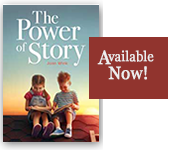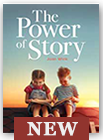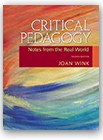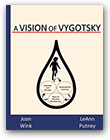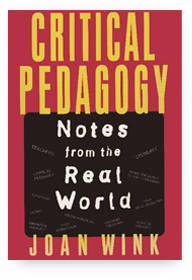Dear WinkWorld Readers,
I hate it that the Oxford Dictionary now even has a definition for ‘post-truth,’ which they have chosen as the 2016-word-of-the-year. They say that post-truth is “relating to or denoting circumstances in which objective facts are less influential in shaping public opinion than appeals to emotion and personal belief.” Or, we could just say not true. It is not only misinformation, it is disinformation, as it is purposely designed to mislead. The same can be said for “fake news,” and I am horrified at the people, who read it and believe it. Fake news is everywhere, but particularly on social media; I see it daily.
This all makes me think about teachers and students: Post-truth and fake news will affect literacy development, literacy instruction, and students’ meaning making. Try to imagine the cynicism of young people, as they grapple with this. I shudder.
It takes a critical reader to know fake news, when you see it.
As Paulo Freire taught us, literacy is reading the word, but critical literacy is reading the word and the world. Teachers today, more than ever, have to focus on critical literacy. So far, it appears that students have great difficulty discerning news and fake news, click here, but then think of the adults who do not recognize fake news.
This makes me think of elephants. If you tell people NOT to think of an elephant, they are helpless to do anything else, as cognitive scientist George Lakoff teaches us in his book, “Don’t Think of an Elephant.” The point is that some think that facts matter and that facts can persuade, but others know that it is a story laden with emotion which can change minds.
“The human brain favors stories or the narrative form as a primary means of organizing and relating human experience. Stories contain information even when the storyteller forgets or invents new details” Leslie Marmon Silko, The Turquoise Ledge: A Memoir
If you want to read more about this, you might go to:
Click here to read what Diane Ravitch tells what she is learning from George Lakoff. Both of these scholars are easy to follow – just Google them.
“Stories are memory aids, instruction manuals and moral compasses.” – Aleks Krotoski, The Guardian
